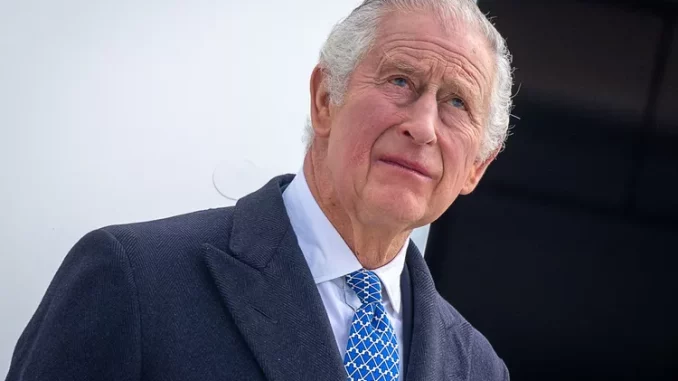
King Charles III’s international travels often include a surprising item among his luggage: bags of his own blood. This detail, though seemingly unusual, has left many wondering why the monarch takes such a precaution and what it signifies for his safety.
Carrying personal blood supplies might seem like an extraordinary measure, but it is actually a standard practice among high-ranking leaders and public figures. This protocol ensures that if King Charles were to face a medical emergency abroad, there would be an immediate supply of blood compatible with his type. Although it may appear drastic, the reason behind this measure is grounded in the need for prompt response in critical situations.
One key motivation for King Charles to travel with his own blood is to avoid reliance on local medical resources, which may vary in availability and safety standards. In some regions, blood supplies can be scarce or inadequately screened for diseases, posing a risk during urgent transfusions. By bringing his own screened and tested blood, the King reduces these potential hazards, ensuring a secure and fast response wherever he is.
This approach is also part of the broader security strategy surrounding the Royal Family. It goes beyond just physical protection, extending into comprehensive medical readiness. As the head of state, King Charles’s well-being is crucial not only to the UK but also to the international community. His medical team’s preparedness for emergencies, including the provision for immediate blood transfusions, illustrates the extensive precautions taken for his health.
This practice aligns with the Royal Family’s tradition of detailed and meticulous planning in all aspects of their public engagements and safety protocols. Whether it’s scheduling, travel logistics, or health measures, they leave nothing to chance. Carrying a personal blood supply is simply another facet of this thorough approach to safeguarding the monarch.
Leaders like the U.S. President also follow a similar protocol, highlighting the commonality of this practice among world figures. For them, having essential medical resources readily available is crucial to minimizing risks during foreign trips and ensuring swift access to medical care if needed.
In summary, King Charles’s decision to carry bags of blood during his royal tour might seem out of the ordinary, but it is a vital part of his safety strategy. It underscores the importance of being prepared for medical emergencies anywhere in the world, reflecting the Royal Family’s commitment to ensuring the King’s health and security. This measure, while surprising to some, is a clear indication of the exceptional level of care provided for King Charles as he fulfills his royal responsibilities worldwide.
Leave a Reply